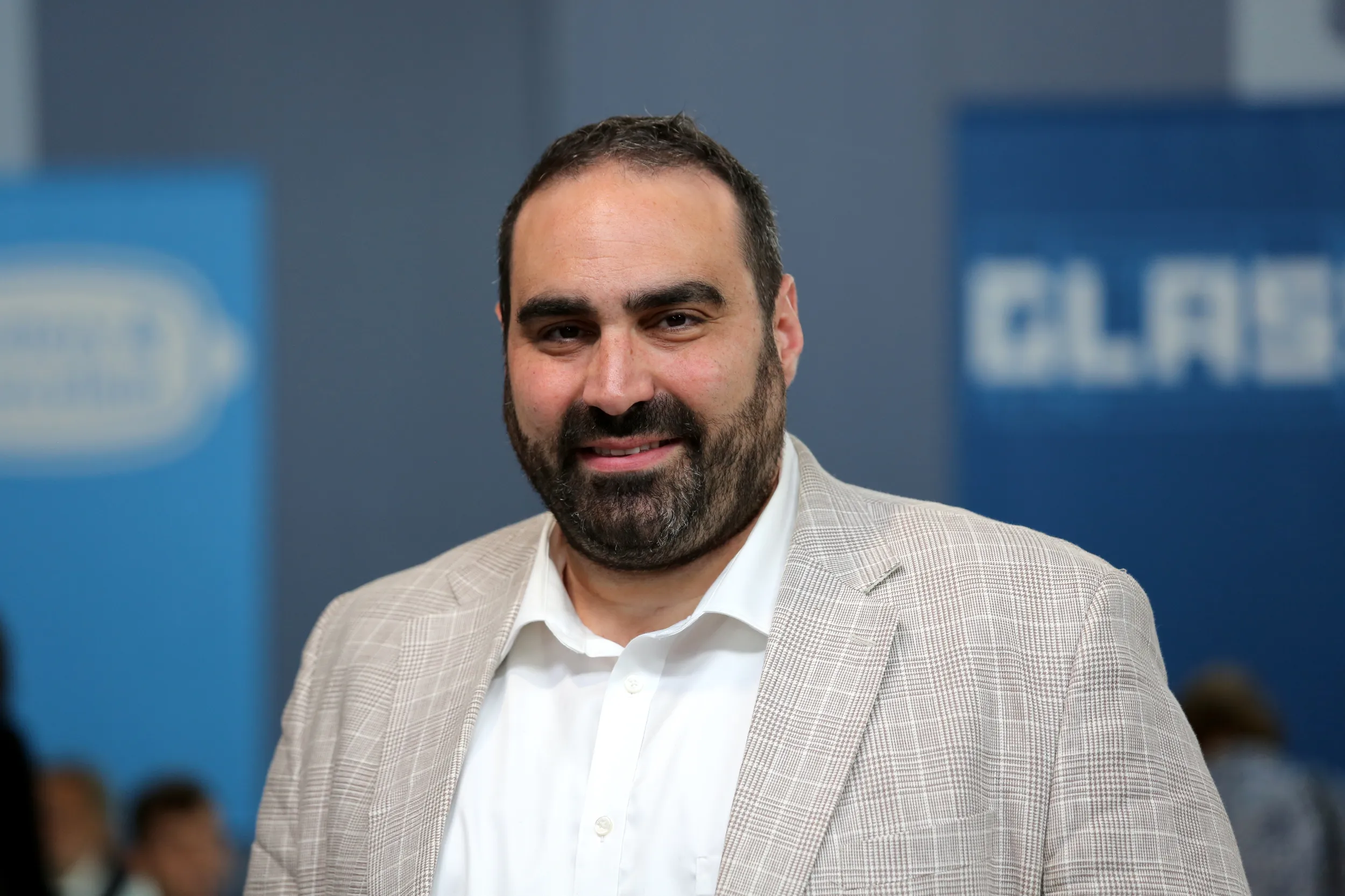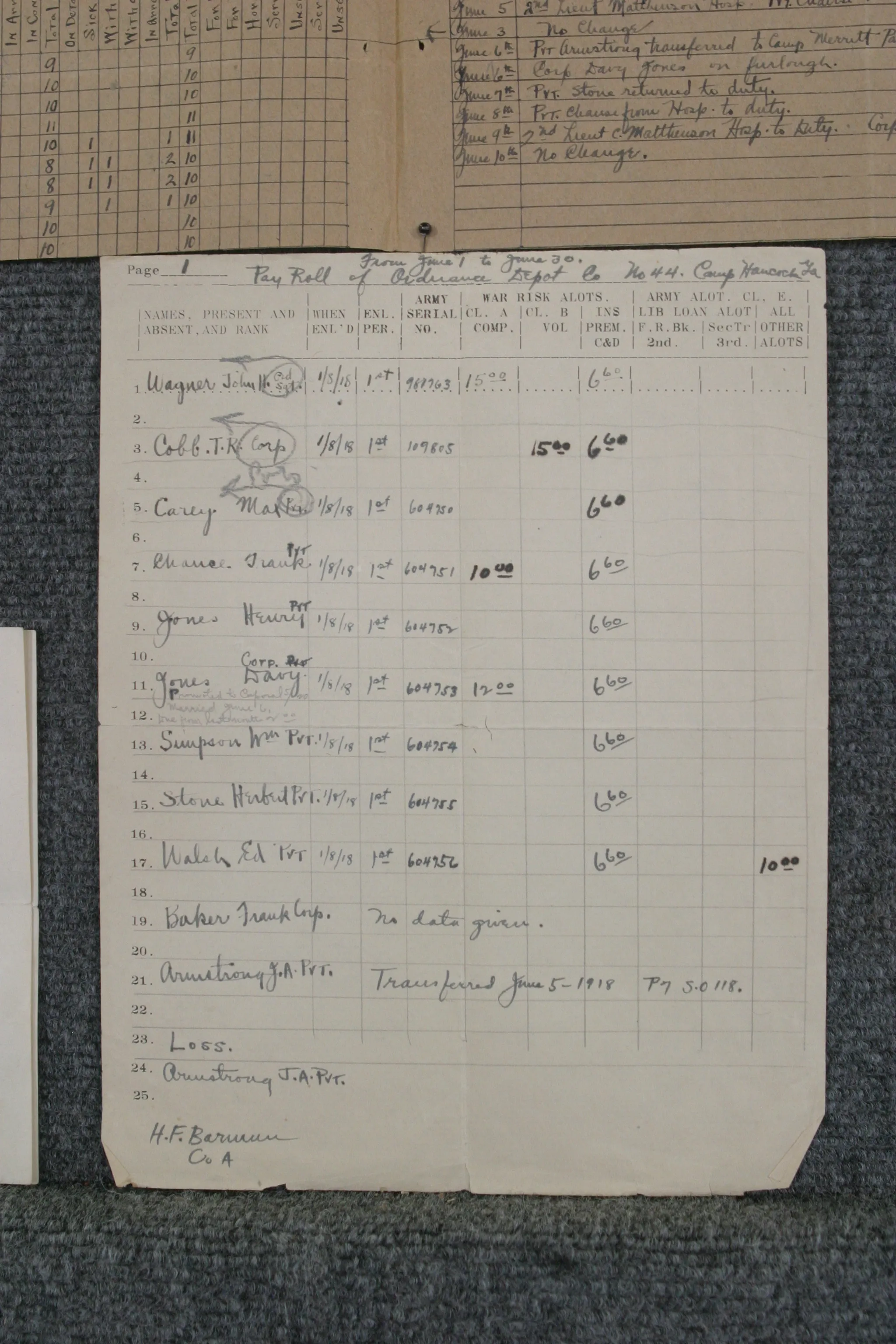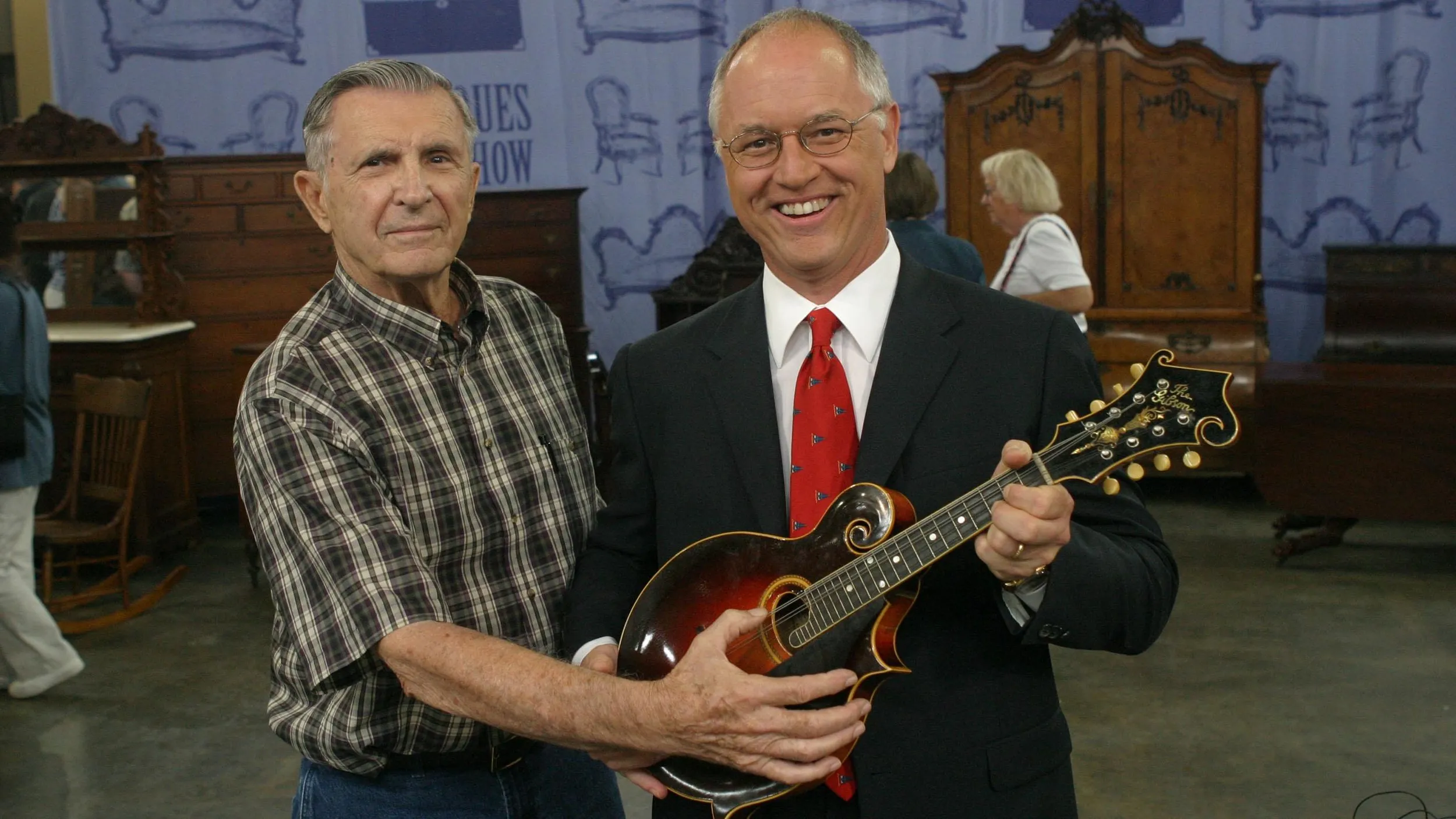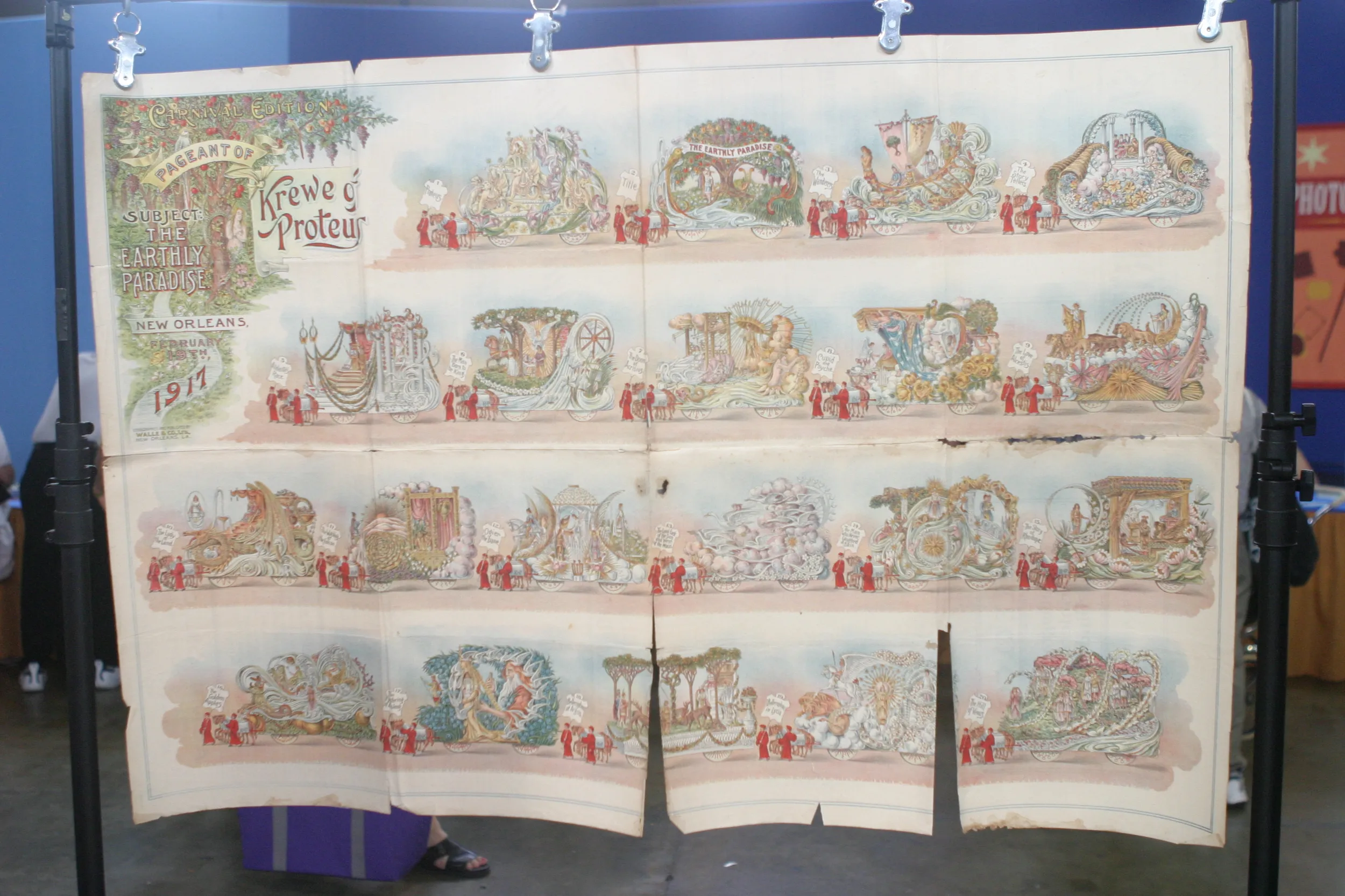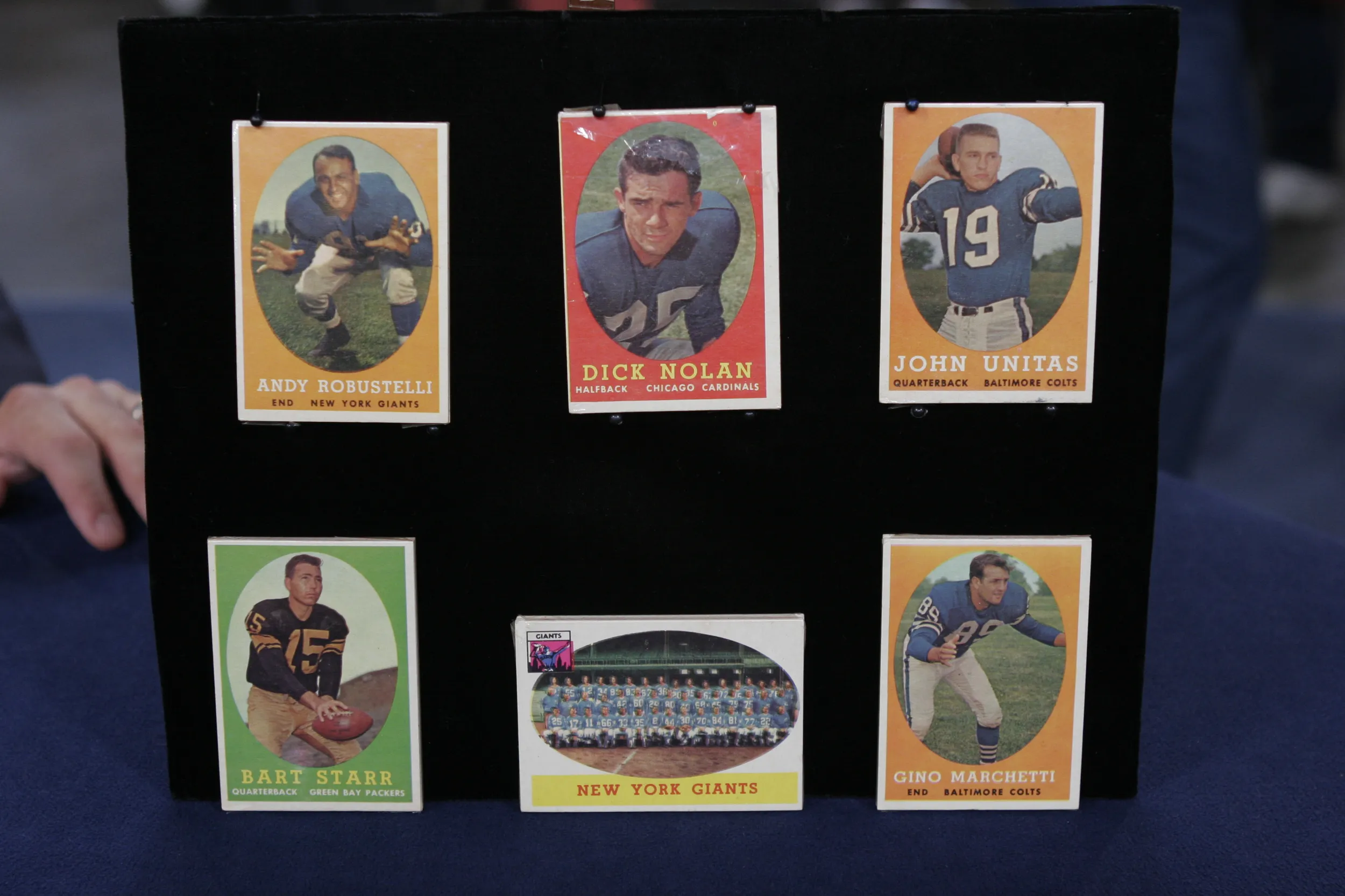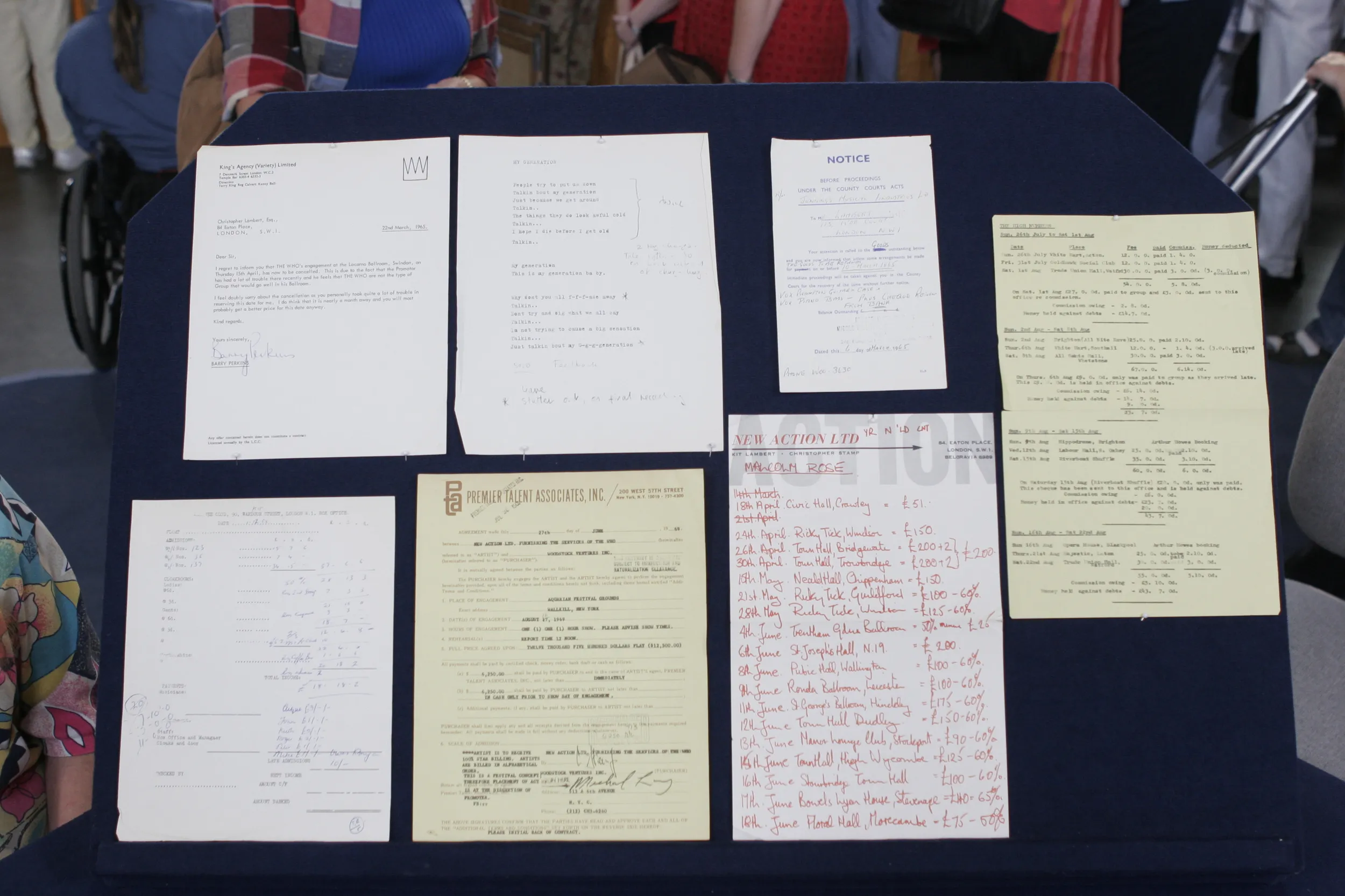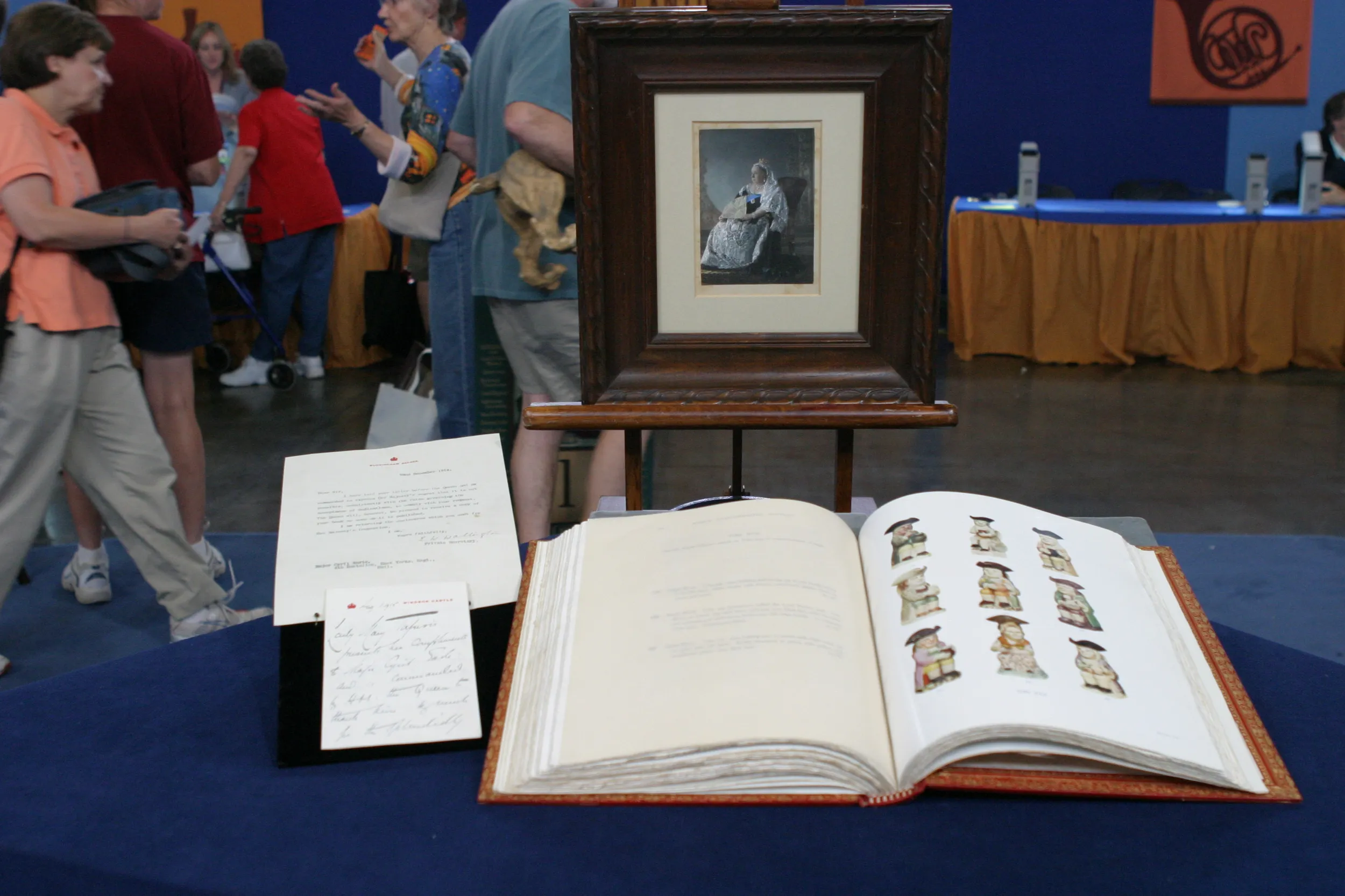GUEST: I collect World War I memorabilia. And I purchased a lot of items dealing with Camp Hancock, which is in Augusta, Georgia. I didn't have sleeves to put them in when I got them, so I waited about a month or so before I really inspected them. And as I was putting them through, I noticed they all pertained to one man-- this man at the top here-- who was apparently the company clerk of an ordnance company who was in training there, and his name was Barnum. And his job was to keep all these documents. This is a morning report. They showed how many men were in the unit, what they, specifically, they were doing that day. Here's the payroll roster. And he kept a diary of the time he was there in June of 1918.
APPRAISER: Now, you were going through these documents, and you noticed this wasn't your ordinary company, was it?
GUEST: No, no. I got to the payroll roster, and I kept coming back to it, because the names for some reason sounded familiar to me. Especially the "T. Cobb." And if it had said, "Ty," I would've recognized it, but it said "T.R. Cobb", and I didn't know what Ty Cobb's middle name was. So I looked that up. I looked up Ed Walsh. I recognized that name. And before I knew it, almost every man in the company is in the Baseball Hall of Fame.
APPRAISER: That's right. There are actually seven Hall-of-Famers in this company, including three of the first five ever elected into the Hall of Fame. We've got Christy Mathewson as the officer of the company-- Big Six, one of the greatest pitchers of all time. Then you have Honus Wagner, another one of the all-time greats. Ty Cobb. You have Max Carey, you have Frank Chance, you have Ed Walsh, and you have Frank "Home Run" Baker. Now, what were these guys doing at Camp Hancock in 1918?
GUEST: They were there to work with ordnance to defuse bombs, handling of explosive, handling of heavy weapons, and that kind of thing.
APPRAISER: Chemical warfare?
GUEST: Some chemicals, yes.
APPRAISER: These gentlemen were enlisted, and a number of them did serve in Europe. Of course, Christy Mathewson was exposed to mustard gas while in Europe, and that contributed to his death a few years later in the 1920s. Also, Ty Cobb was very close to Mathewson, and they both were in the chemical warfare unit. Very, very dangerous. Remember, these guys were icons, and they weren't giving speeches and signing autographs-- they were in the heart of the action. Now, what did you pay for the whole lot?
GUEST: For the whole lot, which I was buying it for its connection to Georgia, was about $30.
APPRAISER: About $30. Well, I think it's probably worth somewhere in the range of $2,000 to $3,000, and at auction, I think it would probably go for more, because it is unique, and it's like a mystery-- you can delve into this and find out more about this. All these guys in the same barracks-- can you imagine what they were talking about?
GUEST: Yeah.
APPRAISER: It's great.
GUEST: I would have liked to have seen how Ty Cobb could take orders.
APPRAISER: Now, that would've been interesting to see.
